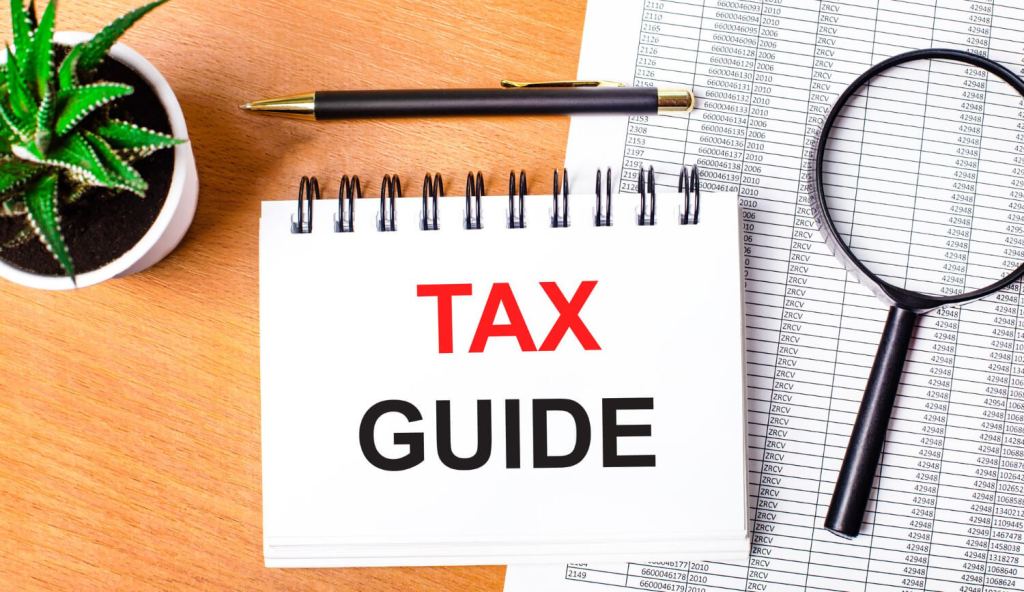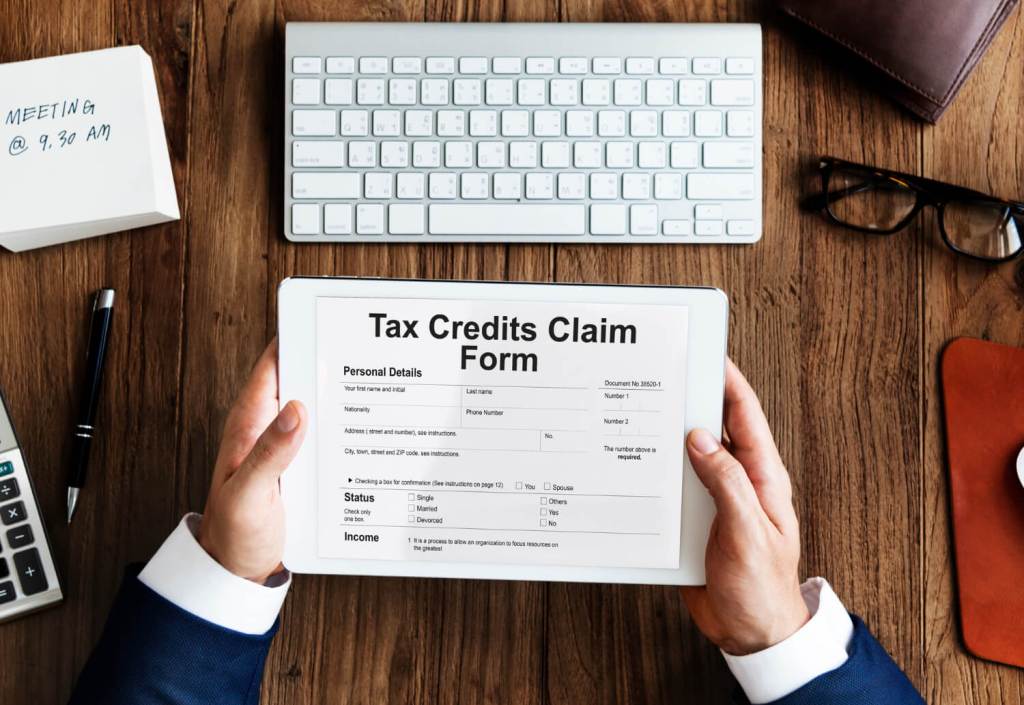In the Finance Bill 2022, a new section 38 emphasizing on “communication of details, inward supplies, and input tax credit” has been proposed to replace the incumbent section 38. This section is included primarily for two reasons.
- Noncompliance by taxpayers with the current section 38, which governs GSTR-2 ‘inward supplies.
- There has been an alarming increase in frauds and evasions involving ITC claims and refunds. So, to eliminate such activities.
How does the incumbent section 38 work?
The previous section 38, titled “furnishing details of inward supplies,” focused primarily on the fundamentals of two-way communication. This section provides a clear outline of the steps to claim ITC. To put it simply,
- Section 37 is where the supplier files his GSTR-1 (which contains the details of his sales) (1)
- Such information will be auto-populated in the Taxpayer’s GSTR-2A.
- If any discrepancies are communicated with the supplier to reconcile all invoices transacted.
- The recipient may add, delete, or modify any entry in the GSTR-2, at which point the final ITC amount is claimed and communicated to the supplier.
This section necessitates a clear line of communication between the vendor and the recipient, but unfortunately, none of these steps were taken. Some loopholes also resulted in the misuse of this section, and bogus transactions and invoices were carried out to defraud the government by incorrectly claiming ITC.
What does the new section 38 entail?
The proposed new section 38 of the 2022 Finance Bill is divided into two subsections, which means
Section 38(1):
requires that invoices and credit be communicated via an automatically generated statement. GSTR-2B
Section 38(2):
the contents of the GSTR-2B statement, primarily distinguishing between eligible and ineligible credits. Such a division would imply that doing business with a specific list of suppliers would render the recipient ineligible to claim the input tax credit. As a result, the recipient will be more cautious about who they transact with and will be more likely to follow the rules to receive ITC.
Clause (a):
specifies the details of inward supplies and available ITC for the recipient (buyer) to claim in the GSTR-2B statement. In other words, ITC is eligible.
Clause (b):
consists of the details of inward supplies provided by the supplier in the GSTR-2B, for which no ITC may be claimed. In other words, ITC is ineligible. This clause is divided into six sections.
1. ITC may not be claimed on supplies provided by a supplier within the prescribed period following the supplier's registration under the GST law.
[the Board has the power to prescribe a threshold time limit within which a newly registered entity under GST will not be allowed to pass on credit]
2. ITC may not be claimed on supplies provided by a supplier who has not paid their taxes and has been in default for a prescribed period.
[the government will decide on the amount of default and the period about making a supplier eligible to pass on credit after defaulting]
3. ITC cannot be claimed on supplies where the supplier's tax liability exceeds the tax paid during the specified period and by the prescribed limit.
[The clause refers to a situation in which the supplier has underpaid the tax and the difference between the tax to be paid and the tax paid exceeds a certain limit, in which case the credit from such a supplier becomes ineligible to claim]
4. IITC might not be claimed on supplies provided by a supplier if the supplier claimed ITC over the amount allowed under clause (a).
[The clause states that if a supplier has incorrectly claimed an ITC amount up to a certain limit, no credit can be extended to that supplier.]
5. Subject to the conditions and restrictions specified, ITC may not be claimed on supplies provided by a supplier who has failed to pay their tax liability following Section 49(12).
[It is obvious that a supplier who has defaulted in timely payment of taxes, with or without intent to evade taxes, is not permitted to pass on eligible credit to the recipient.]
6. ITC cannot be claimed on supplies provided by a supplier if the supplier belongs to any other class of persons as prescribed.
[The government will notify the mentioned list of specific individuals as and when required]
The majority of taxpayers will be perplexed as to why they cannot claim input tax credits because their suppliers are newly registered or have defaulted. When GST was implemented, it promised taxpayers a steady stream of input tax credits.
Input tax credit claims have been a source of tax evasion and fraud since the implementation of GST. Shell companies generate these invoices to defraud. As a result, the government is now proposing a revised Section 38 to eliminate all ITC-related fraud.




